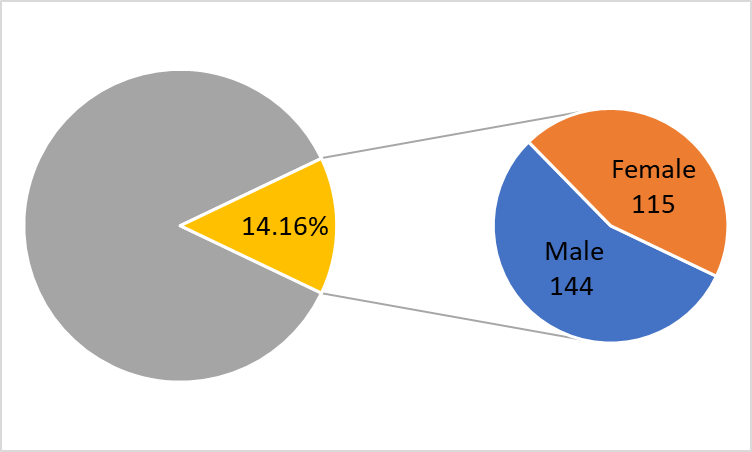2024 SDG 4 English
- 4.2.1 Proportion of graduates with relevant qualification for teaching
- 4.3.1 Public resources (lifelong learning)
- 4.3.2 Public events (lifelong learning)
- 4.3.3 Vocational training events (lifelong learning)
- 4.3.4 Education outreach activities beyond campus
- 4.3.5 Lifelong learning access policy
- 4.4.1 Proportion of first-generation students
4.2.1 Proportion of graduates with relevant qualification for teaching
Comprehensive Teacher Education University
The NTNU is a comprehensive institution for teacher education, offering secondary, elementary, early childhood, and special education programs. The University has established the “Selection Guidelines for Teacher Education Programs in Secondary and Elementary Schools,” and in 2023, 452 teacher candidates obtained their first teaching certificate. In the elementary education teacher training program, 45 new teacher candidates were enrolled for the 2024 academic year.
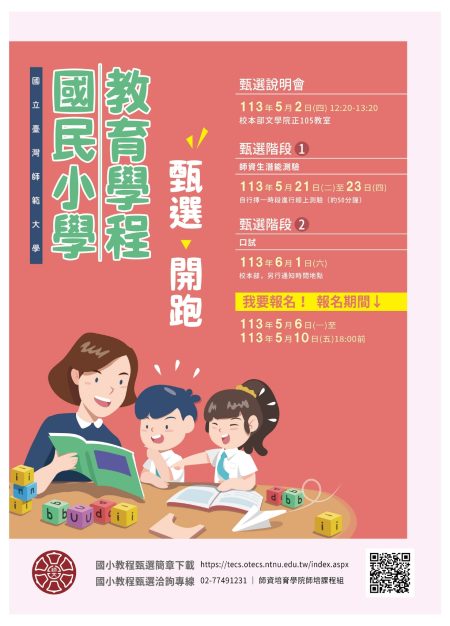
4.3.1 Public resources (lifelong learning)
1.Free Courses
The NTNU Open Course Ware (OCW) follows the principle of open learning, providing free access to courses for the University faculty, staff, students, the general public, and users from other countries and regions. As of 2023, 698 courses and lectures have been made available online. In 2023, the platform recorded 275,807 viewers, with cumulative views exceeding 380,000 since its inception. Additionally, NTNU has established a YouTube channel for Open Course Ware, where general education lecture videos are made available to the public, making it easier for people to access and learn a variety of knowledge.
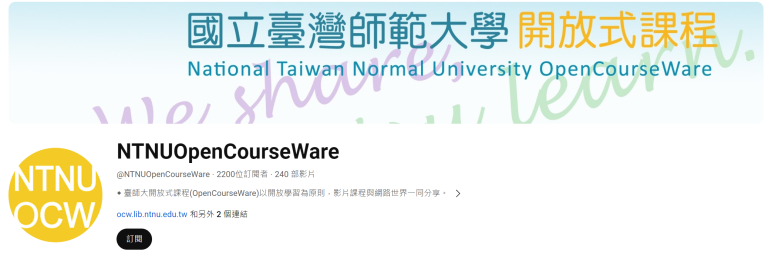
2.Free Access to Campus Facilities
The university library allows the public to access its extensive collection of resources, following the “Guidelines for External Users Accessing the Library.” In 2023, 41,104 visits were made by external users to the library.

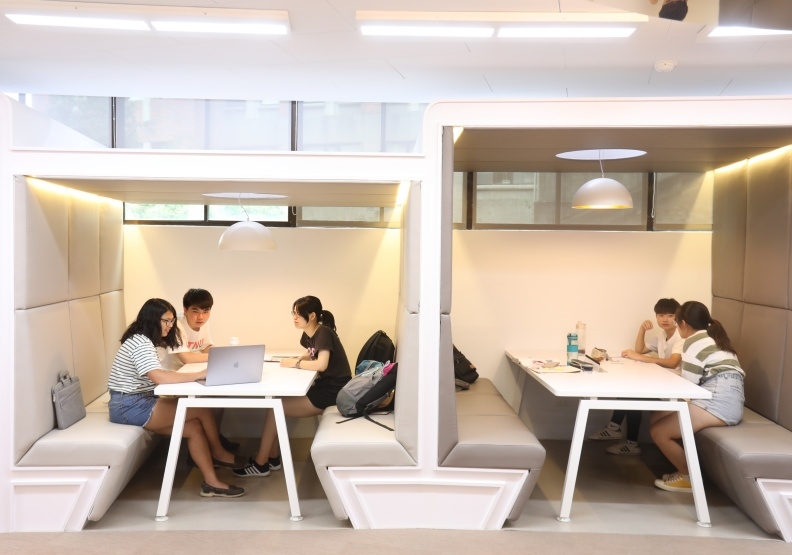
3.Free Online Learning Resources
The university offers a variety of free educational resources for English and Chinese language learning. For English, the Center for Academic Literacy (CAL) provides self-produced academic English handouts and instructional videos. For Chinese learning, resources include the TOCFL Chinese Vocabulary Database, Chinese Character Notebook, Full Chinese Character Search System, and the “Contemporary Chinese Course” materials. Additionally, the platforms “Cool English” and “COOL Chinese” effectively enhance listening, speaking, reading, and writing skills.
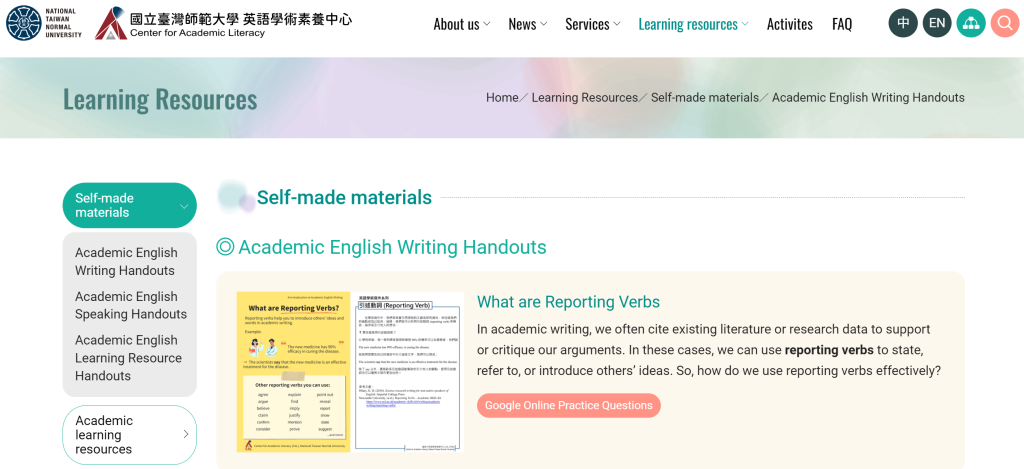
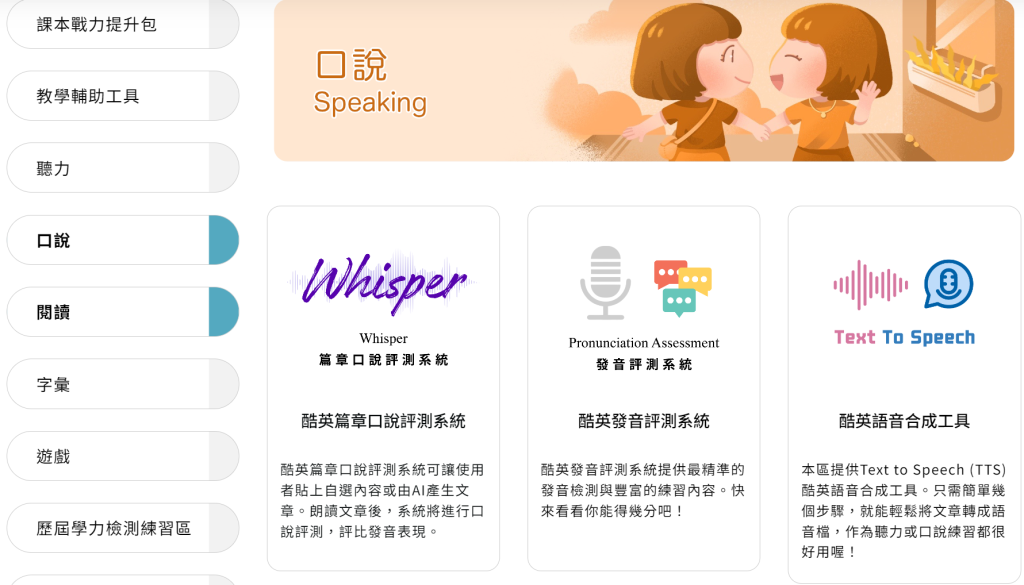
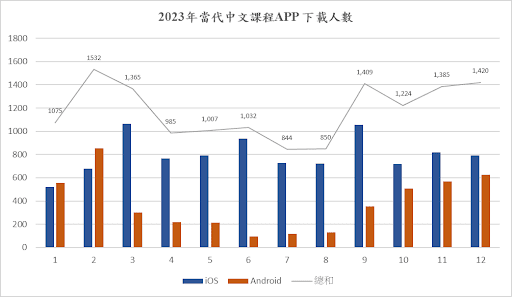
4.3.2 Public events (lifelong learning)
In 2023, the University hosted hundreds of public events on campus, open to faculty, students from other universities, and residents of nearby communities. These events included public lectures and community education activities. Event information can be found on the Center of Public Affairs website, Facebook page, and the NTNU Campus Event Plaza. Press releases are issued for all university-related activities, with 120 invitations and press releases in 2023. Media coverage of NTNU reached 26,948 reports across domestic and international news outlets and online platforms. Additionally, the University has fostered active collaboration with governmental and non-governmental educational organizations to organize numerous seminars and forums, such as the “2023 Asia-Pacific International Conference on Teacher Education” and the “Lifelong Learning and Cross-Domain Collaboration: 2023 Achievements Sharing Forum.”

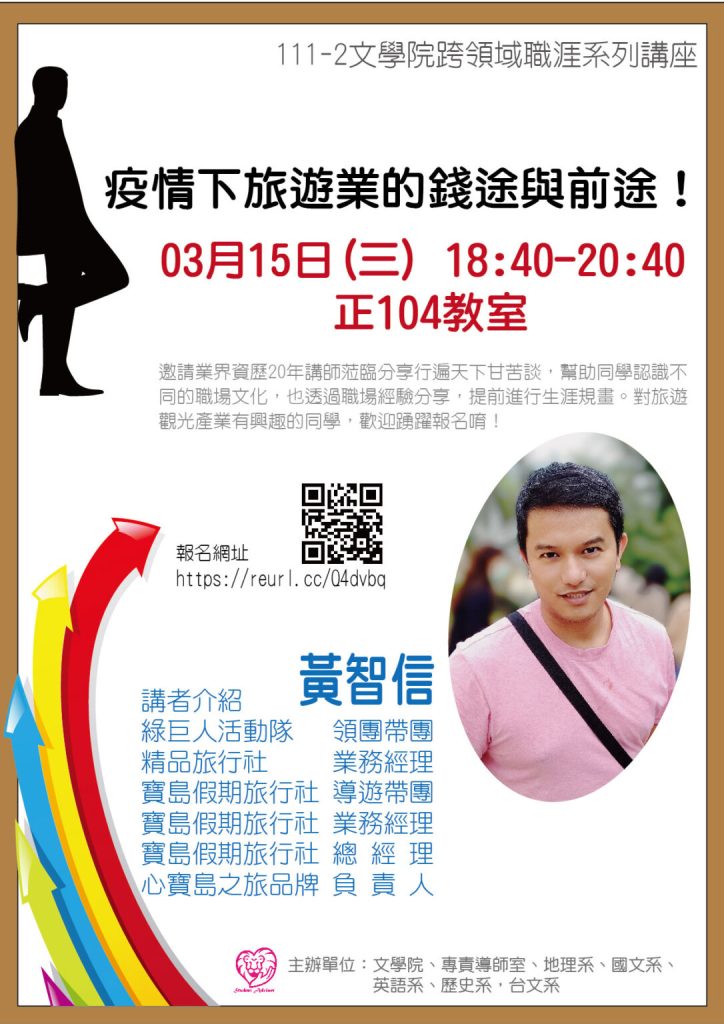
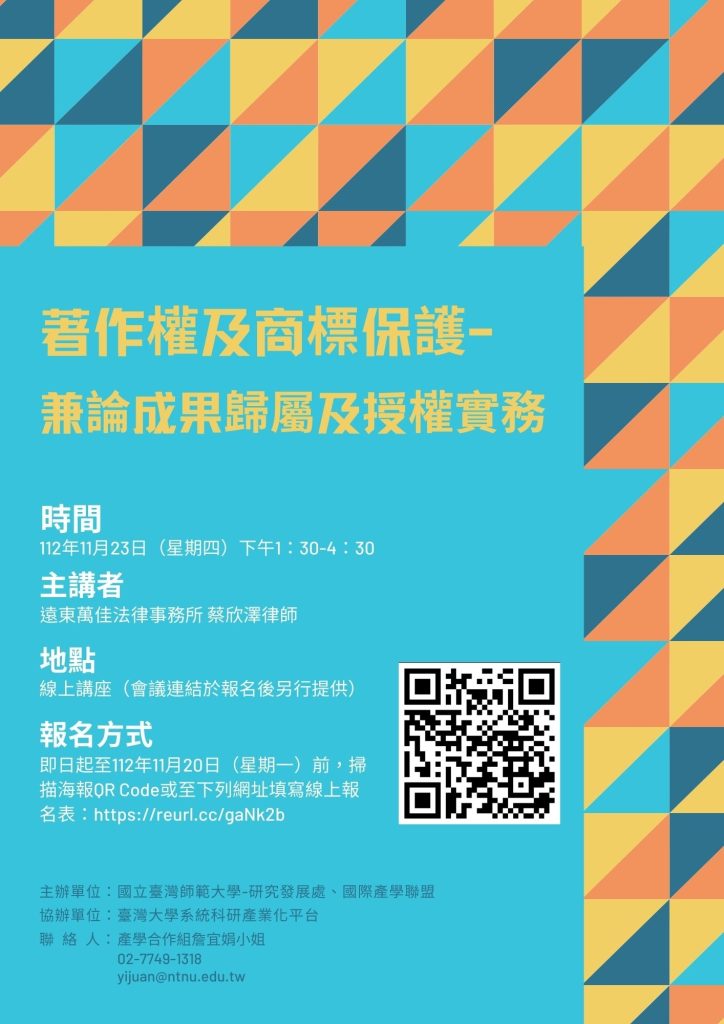
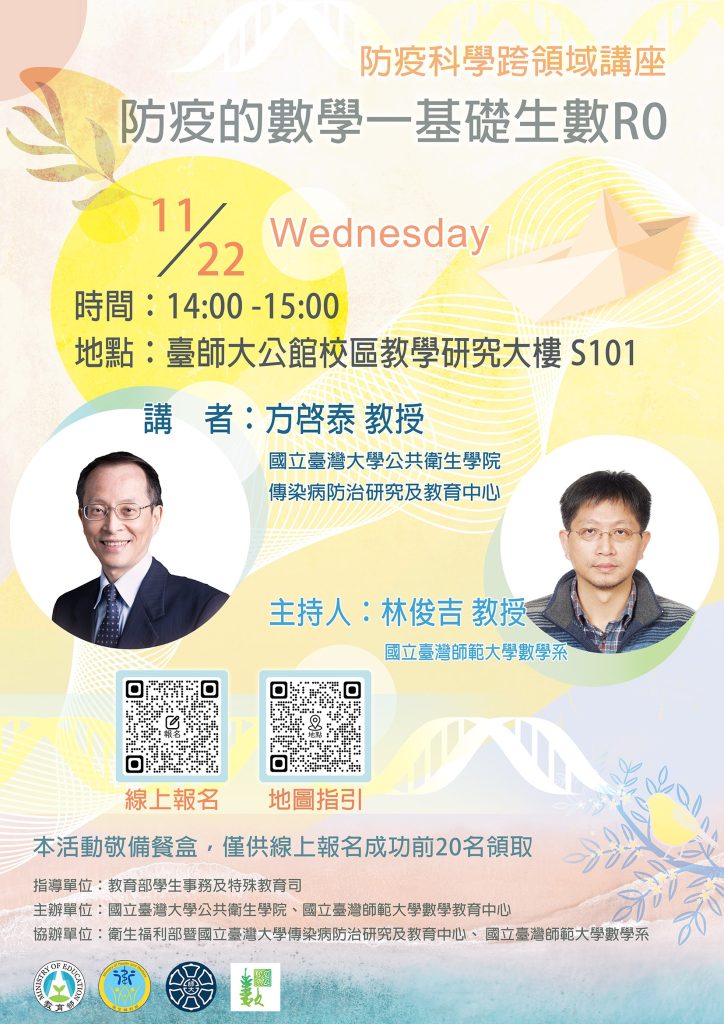
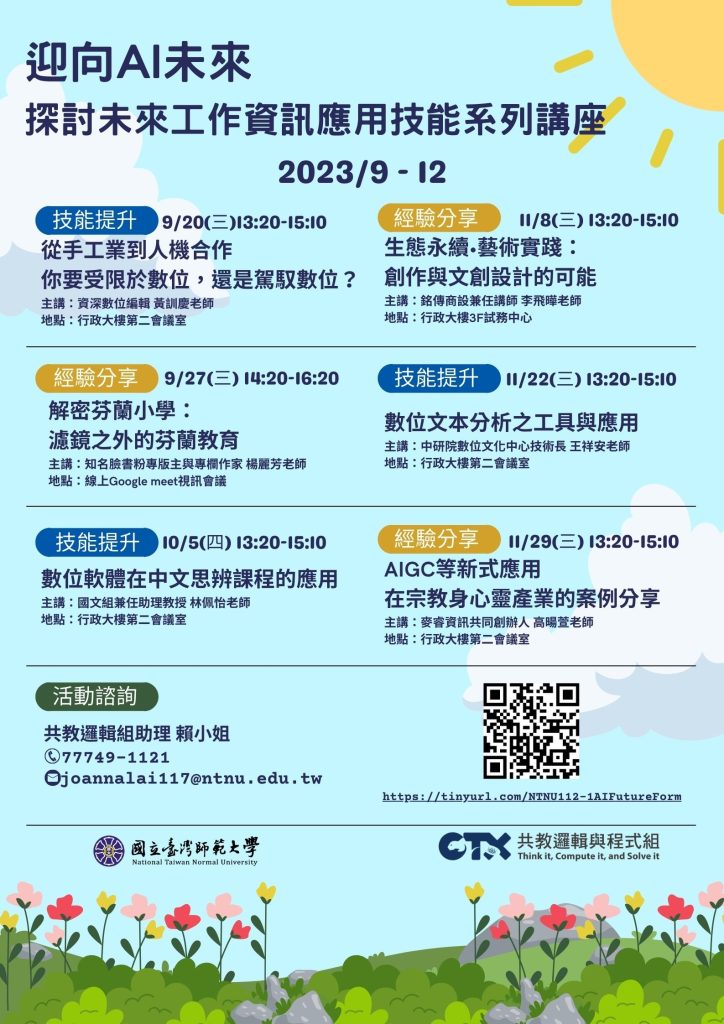
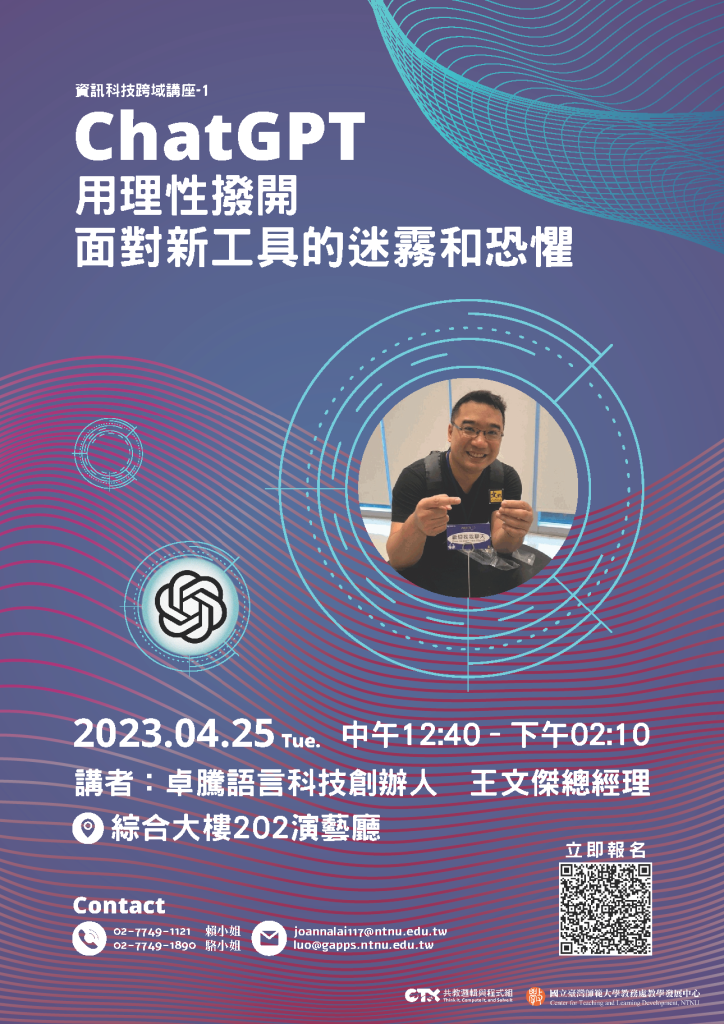
Public event posters
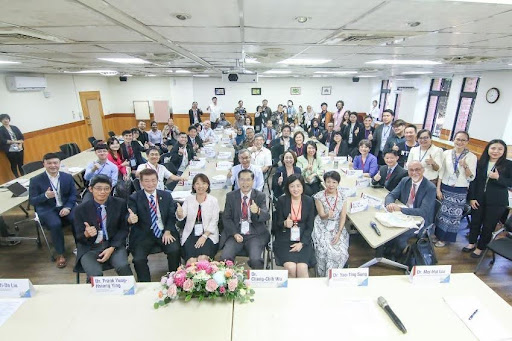
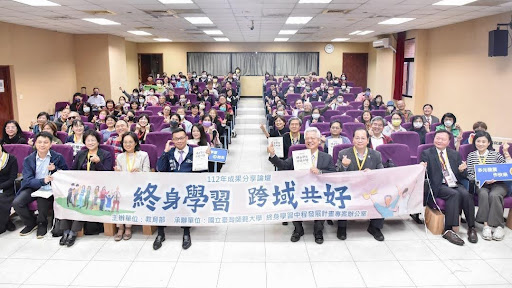
4.3.3 Vocational training events (lifelong learning)
Continuing Education and Professional Training
The School of Continuing Education and the NTNU Online both provide short-term and vocational training courses for the public. The School of Continuing Education focuses on offering a wide variety of continuing education courses and project execution, providing diverse and high-quality services. In 2023, it offered 1,303 classes with a total enrollment of 20,475 participants. The NTNU Online primarily provides online programs, including digital master’s programs for professionals seeking degrees, as well as the Taiwan Online Campus (TOC) courses for those looking to explore interests or take preparatory courses. In 2023, a total of 67 digital courses were offered, with 2,240 enrollees.
Additionally, the university offers specialized teacher training and development programs. For example, the Mandarin Training Center holds in-person and online Mandarin teacher training programs each year to cultivate high-quality Mandarin language instructors. The Shi-Da Institute for Mathematics Education is dedicated to enhancing the professional skills of math teachers through initiatives like the “JUST DO MATH” project. This program aims to improve the ability of frontline teachers to comprehensively review math literacy curricula and provides practical workshops to strengthen professional dialogue among educators.
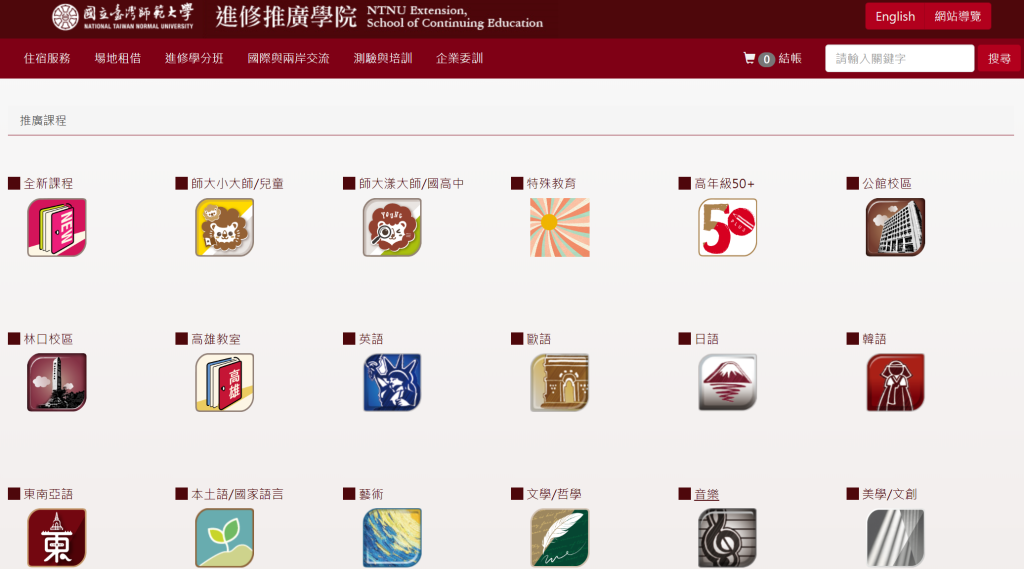
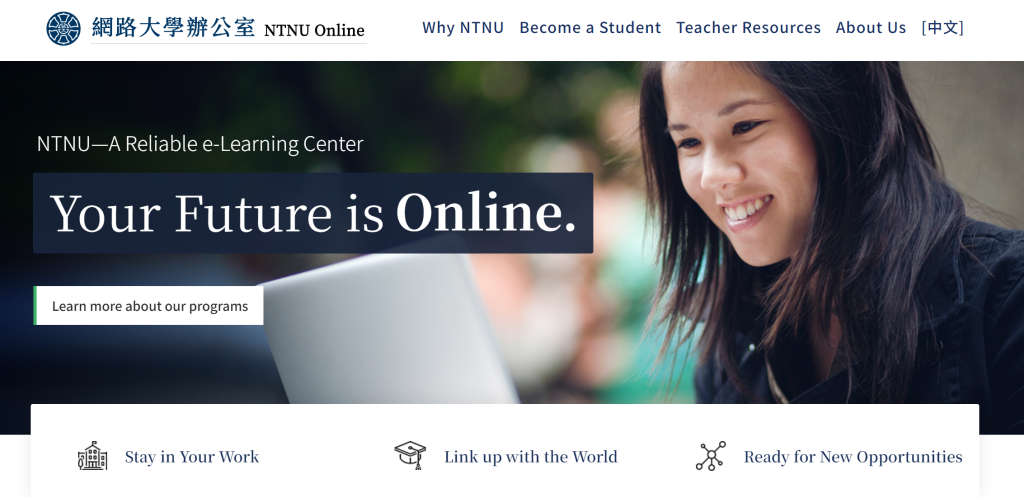
The School of Continuing Education and the NTNU Online.
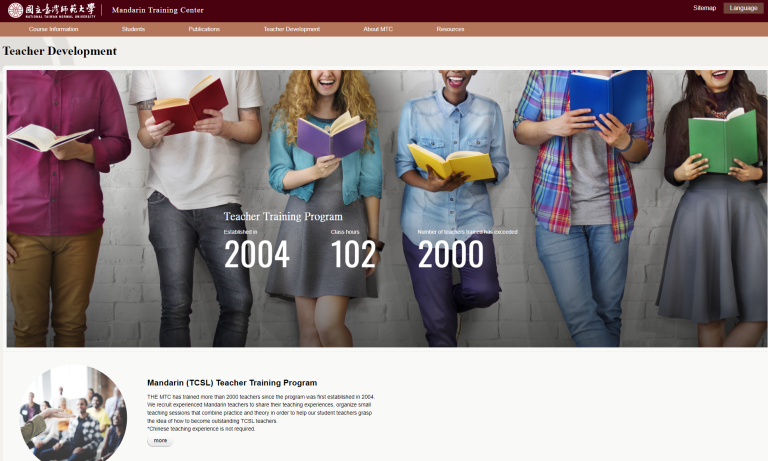
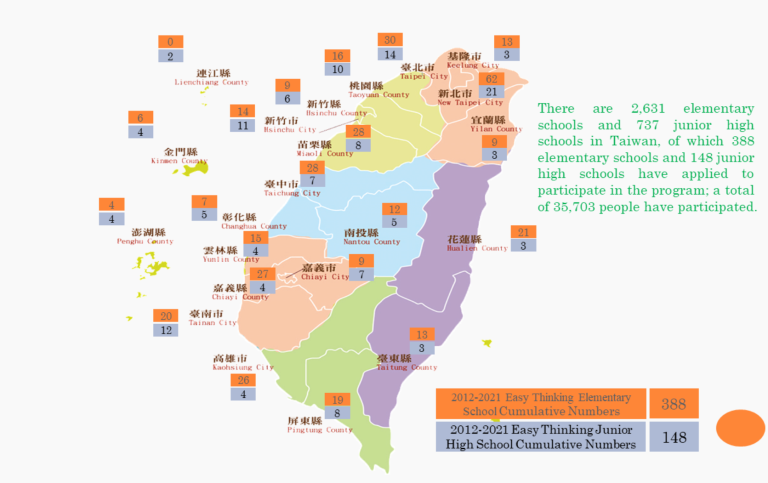
4.3.4 Education outreach activities beyond campus
Addressing Educational Inequities in Rural Areas
To address the challenges of limited educational resources and high teacher turnover in rural schools, the University has implemented several programs to provide educational activities in these areas, aiming to achieve equal educational opportunities. These initiatives include:
1. The “2022 Academic Year Local Education Support Program” was carried out with the vision of “achieving success for every child—developing individual talents and lifelong learning.” The program included on-site guidance, workshops, and training sessions to support and accompany rural schools and indigenous education efforts.
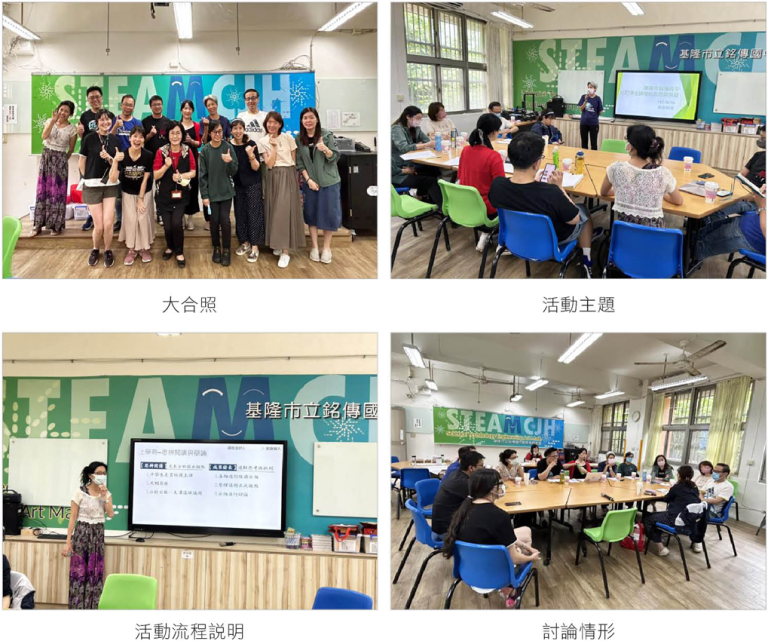
2. NTNU organized the 16th annual Schweitzer Spirit Educational Service Camp from July 31 to August 18, 2023, at Gan-Yuan Junior High School in New Taipei City. The camp provided course instruction and tutoring to help disadvantaged students improve their abilities and literacy.
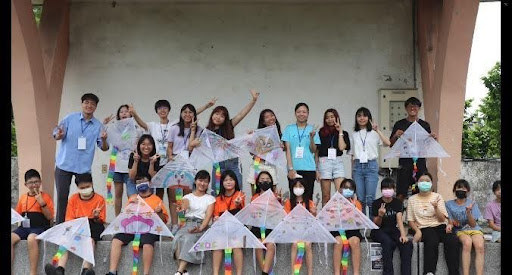
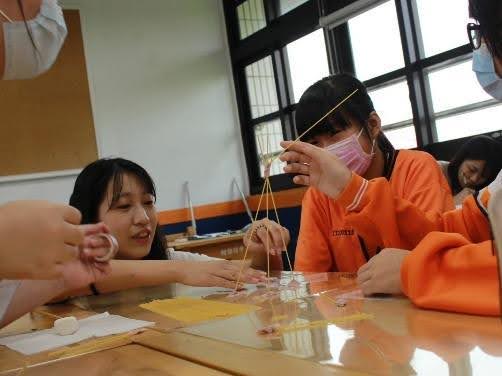
16th annual Schweitzer Spirit Educational Service Camp.
3. The “Rural Science Education and Basic Science Experiment Program” was implemented to enhance hands-on science experiment learning. The program hosted science experiment workshops for junior high and elementary schools in remote areas, including offshore islands (Matsu, Penghu, and Kinmen), and in 52 schools across other rural regions, covering 54 classes.
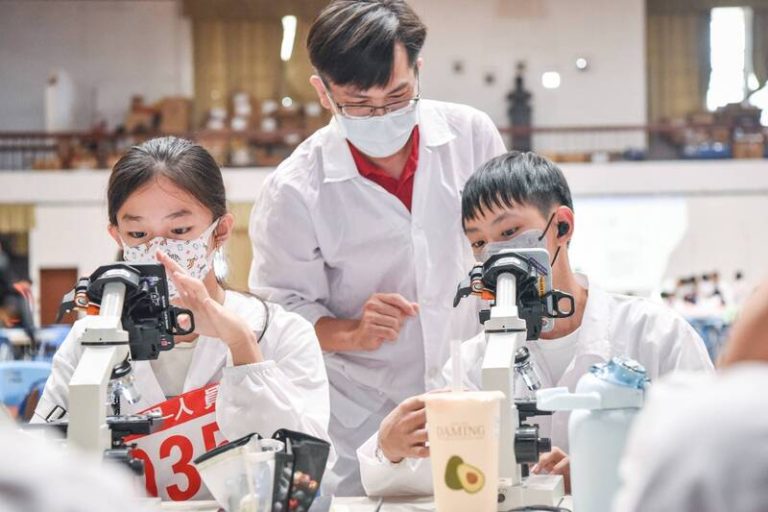
1.In 2018, NTNU pioneered the “The Program of PASSION Quality Education in Rural schools,” the first of its kind in Taiwan. In July 2023, this program extended to seven rural junior high schools in Hualien and Taitung, providing high-quality and stable teaching services to 54 students.
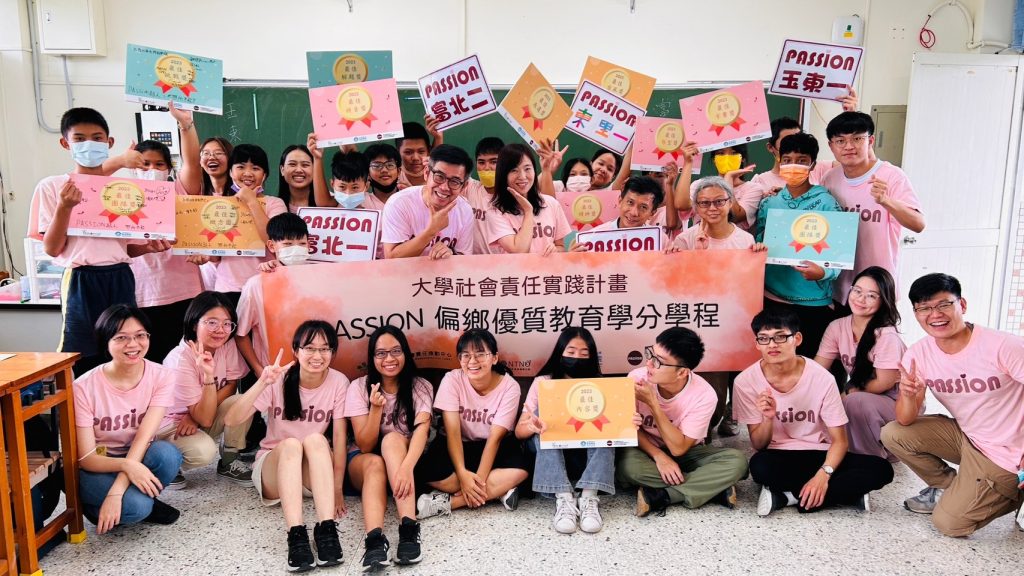
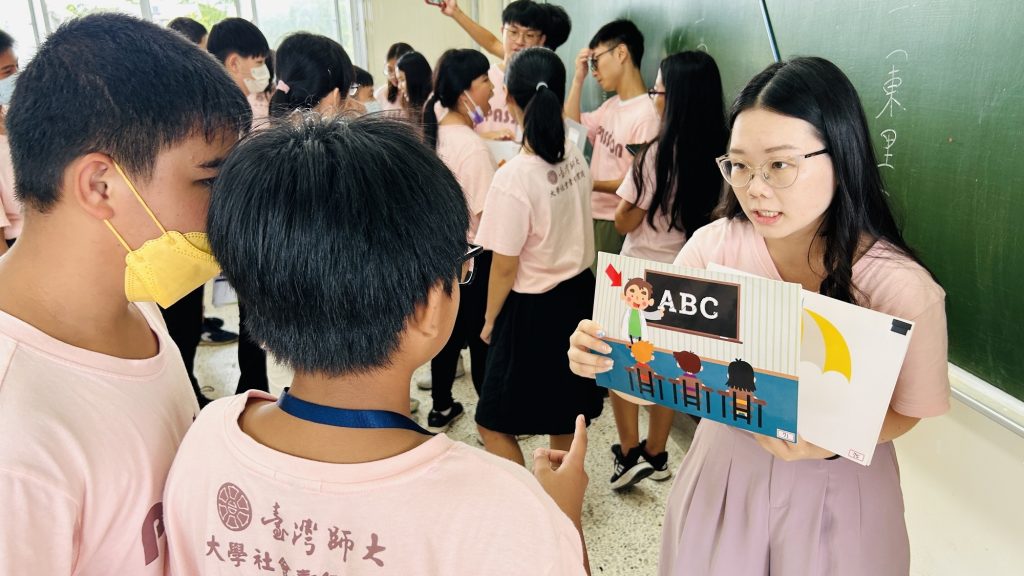
The Program of PASSION Quality Education in Rural Schools provides high-quality teaching services.
4.3.5 Lifelong learning access policy
1. In 2017, to promote the concept of gender equality, strengthen education on gender equality, promote substantive equality of gender status, and protect the rights and interests of faculty, staff, and students from sex discrimination, sexual abuse, sexual harassment, or sexual bullying, the University formulated the “Measures for the Prevention and Handling of Sex Discrimination, Sexual Abuse, Sexual Harassment, or Sexual Bullying,” which has been revised several times and was recently amended to the year 2022, with the following article: “Respect the gender characteristics and sexual orientation of the faculty and staff. Article 4: Respect the gender characteristics and sexual orientation of staff and students, do not treat them unreasonably based on gender or sexual orientation, and actively assist disadvantaged students based on their gender or sexual orientation to promote substantive equality of gender status and eliminate gender discrimination.
2. NTNU has established several lifelong learning policies, including the “NTNU Extension, School of Continuing Education Establishment Act,” which offers non-credit courses designed for various target groups, providing learning opportunities for the public. The “Guidelines for Course Enrollment/Auditing for the General Public” allow individuals from society to apply for courses offered by different departments and degree programs at NTNU. Additionally, the “NTNU Global Online Academy Digital Course Subsidy Pilot Regulations” offer distance learning opportunities to both domestic and international learners, expanding the impact of higher education.
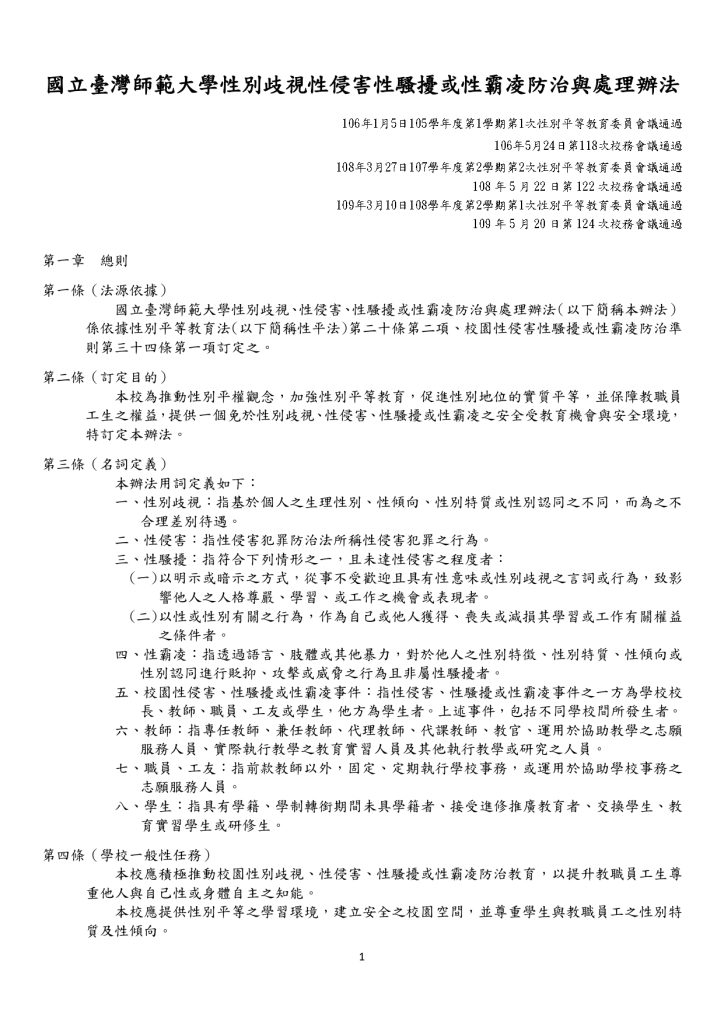
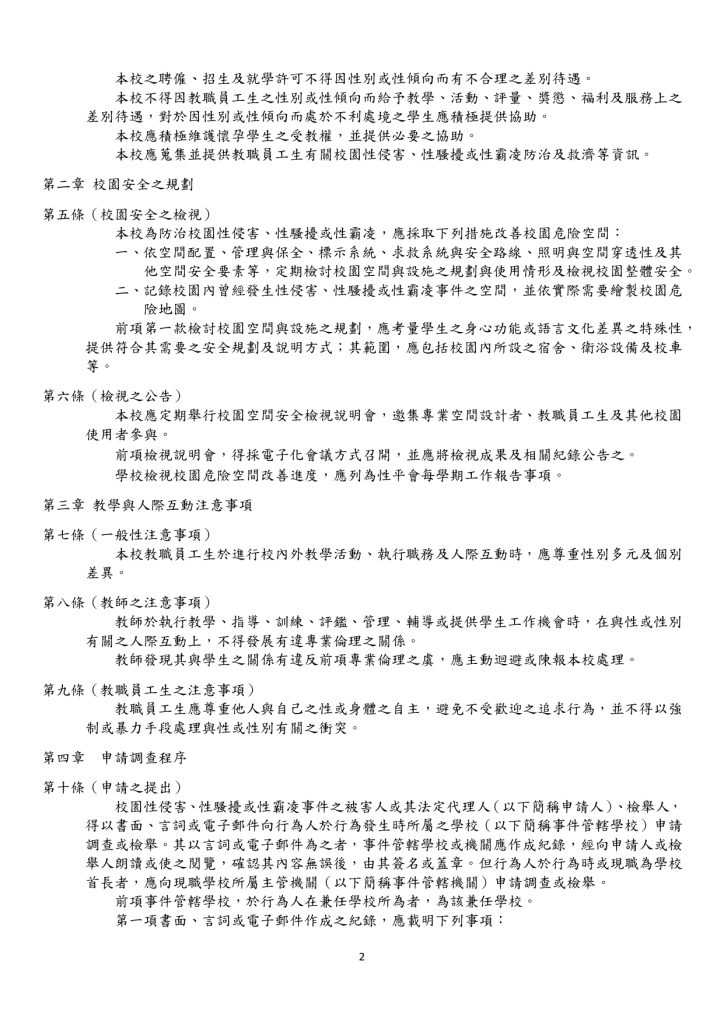
NTNU Measures for the Prevention and Handling of Sex Discrimination, Sexual Abuse, Sexual Harassment, or Sexual Bullying
4.4.1 Proportion of first-generation students
During the new student registration process, the University asks incoming students to indicate in the registration system whether they are the first in their family to attend higher education. In the 2022 academic year, there were 1,829 new students in the bachelor’s programs (excluding international students and transfer students). Among them, 259 students marked themselves as the first in their immediate family to attend university, consisting of 144 males and 115 females, which accounts for 14.16% of all new students.
